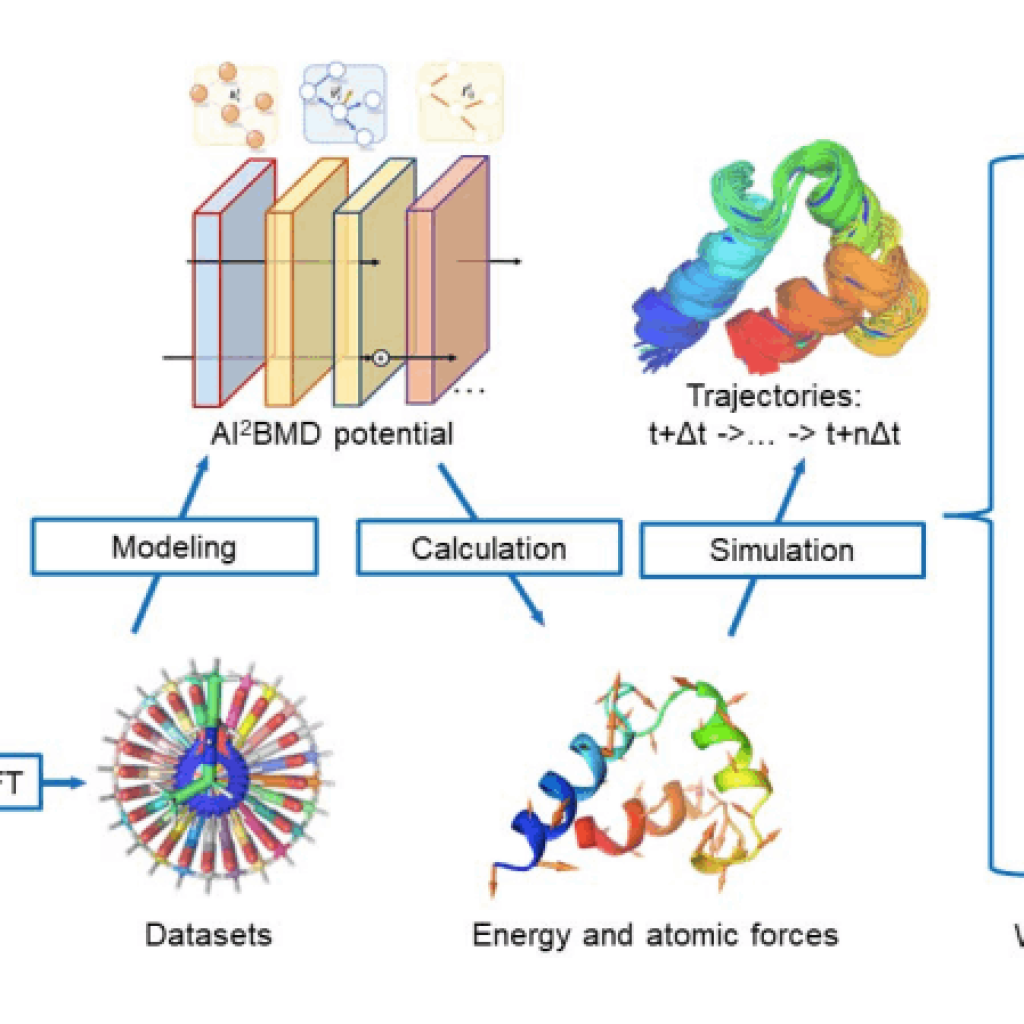In a digital landscape where privacy concerns loom large, a new facial recognition website called PimEyes has ignited a debate over the balance between online safety and potential misuse of technology.
Lauded for its purported ability to help individuals track their online presence and reclaim image rights, PimEyes has also raised alarm bells regarding its potential for stalking and privacy infringement.
PimEyes controversial frontier of facial recognition
PimEyes operates as a reverse-image search engine equipped with facial recognition technology, promising users the ability to locate every photo of themselves circulating on the internet. With a simple upload of a photo, the platform scours the vast expanse of cyberspace to match the submitted image with other instances of the person’s face online. However, to access the source of the matched images, users are required to subscribe to a paid plan, ranging from $29.99 to $299.99 per month.
Privacy vs. protection: The ethical dilemma
While PimEyes positions itself as a tool for individuals to monitor and safeguard their online presence, concerns have been raised regarding its potential for misuse. Despite assertions by the platform that it aims to help users defend against scammers, identity thieves, and those who use their image unlawfully, critics argue that the technology could easily be exploited for nefarious purposes, including stalking and invasions of privacy.
The debate surrounding PimEyes underscores the delicate balance between leveraging technology for protection and safeguarding against its potential for misuse. While the platform’s intentions may be rooted in promoting online security, the reality is that the same features designed to empower individuals could also be weaponized to violate their privacy and security.
Addressing concerns ,transparency and accountability
In response to mounting apprehensions, PimEyes has outlined measures within its terms of service aimed at preventing abuse of its platform. The company asserts that any misuse, such as stalking or violations of children’s privacy rights, will result in permanent bans without the option for refund. However, critics remain skeptical, questioning the efficacy of such safeguards in practice and highlighting the need for greater transparency and accountability from the platform.
Navigating the future of facial recognition technology
As society grapples with the implications of facial recognition technology, the case of PimEyes serves as a poignant reminder of the complex ethical considerations at play. While advancements in AI and machine learning hold promise for enhancing security and protecting individual rights, they also necessitate a critical examination of the potential risks and unintended consequences.





